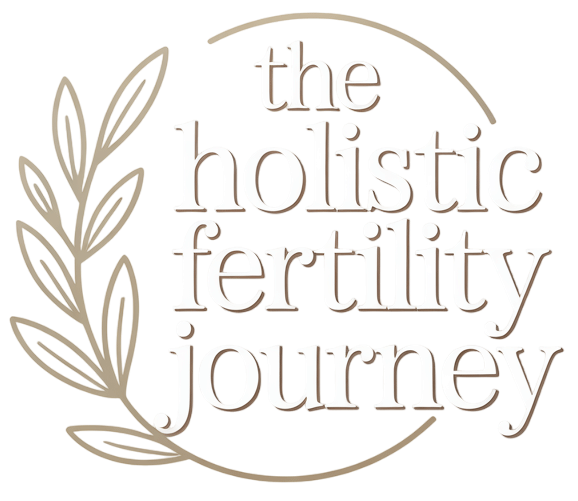Inviting More Plants into Your Fertility Journey
Fertility can be fraught with uncertainty. But more and more, the scientific and lived experience points to the power of plant-based foods: supporting healthy eggs and sperm, encouraging hormonal harmony, and protecting against inflammation and stress. Even gentle, sustainable changes—one new vegetable, one extra bean-based meal a week—can ripple outward, supporting not just your reproductive health but your entire sense of vitality. No perfection required, just small steps rooted in respect for yourself and for the journey you’re on.
If you want to explore recipes, meal ideas, or evidence-based inspiration for plant-based fertility nutrition, check out resources like the Harvard T.H. Chan School of Public Health and the European Society of Human Reproduction and Embryology. Notice over time not just what changes on your plate, but how you feel in your body and heart. Fertility is a path of nourishment, and sometimes, the simplest foods growing in the earth bring both hope and healing.
